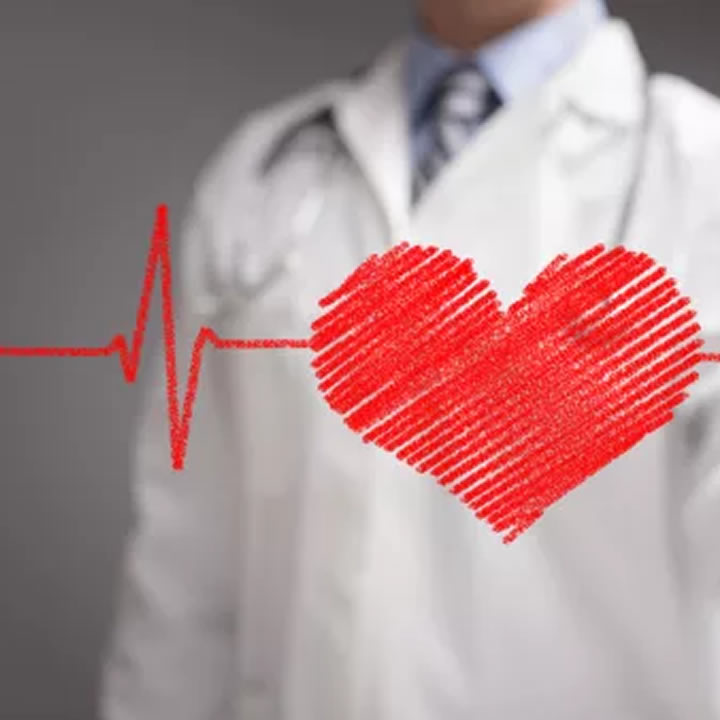In the last few years, almost all countries of the planet have reported an increase in heart illnesses and diseases. Unhealthy lifestyle habits, poor food intake, adulteration, and increasing mental anxiety are some reasons that are contributing to rising cases of heart illnesses.
What is more worrying is the fact that younger sections of the population are also getting affected. This is why experts recommend going to cardiologists for regular heart check-ups and tests at periodic intervals.
In this resource article, we speak to one of the world’s most respected cardiologists, Dr Gerard Leong. We ask him about how can individuals get the best care and treatment from their cardiologists.
Dr Leong believes that the key is to start asking the right questions. This is why we have taken his help and listed down 5 questions that you should be asking your cardiologist.
The Human Heart: What you should know about it
All of us know that to keep living we need to breathe oxygen. What many of us do not know is that after breathing that oxygen needs to be carried to different organs of our body. This function is performed by the human heart.
The heart is one of the most complex organs of the human body. It can be compared to a sophisticated piece of machine that controls the supply and distribution of blood and oxygen in our bodies.
The heart is an involuntary organ, which means that you do not have control over its beating. In other words, you cannot ask your heart to stop pumping blood. Impure blood from our organs is carried to the heart, which then pumps the same with oxygen and transports it to the different organs of the body.
List of 5 Questions to ask a Cardiologist on your First Visit
What is the condition of my heart at the moment?
When you visit a cardiologist, they are likely to give you tests to understand better what the actual condition is. Once you take the test reports to the cardiologist, you need to ask him or her as to where exactly do you stand. This will help you get a better idea about the seriousness of your condition and force you to take actions that can help remedy the situation.
How can I Improve my Heart Health (in conjunction with medicines)?
Never ask a certified cardiologist how to get your heart to proper working order without medicines. What you can ask them are suggestions for some healthy habits that can work in combination with medicines. This can mean a new diet plan, the amount of exercise that you should be doing, and what are some things you should be guarding against.
Are there any Signs or Risks that I should be prepared for?
Anyone who already suffers from a heart condition keeps asking themselves- how will I know if I am having an attack? You can ask your cardiologist for some signs that you need to watch out for. This means that when you start experiencing signs like shortness of breath or a severe pull in your arm, you should go to a hospital. This can help you get immediate attention.
Is there any way my condition can get triggered and result in an attack?
If you know what you should guard against or prevent, you will be in a much better state of awareness. Most cardiologists recommend that individuals that have prior heart diseases should not take the stress. They say that poor mental health can trigger an attack. Exercising too hard after developing a heart condition is also not something that you should be doing.
What are the Next Steps or the Way-Forward for you as a Heart Patient?
Knowing that you are suffering from a chronic heart condition can be an overwhelming experience. You might have to go for surgery to get stents or a pacemaker if you already have had an attack. This is why you need to ask the cardiologists for the next steps for your life’s journey. Planning and preparation can go a long way in preventing any further attacks.
The Bottom Line
One thing that you should not do is ignore heart illnesses. You should try to maintain a healthy heart. Your heart will give you signs of fatigue, breathlessness, pain, and so on. You must acknowledge the same and take help from an experienced cardiologist as soon as possible. If you have any other questions that you would like us to address, let us know in the comments below.

